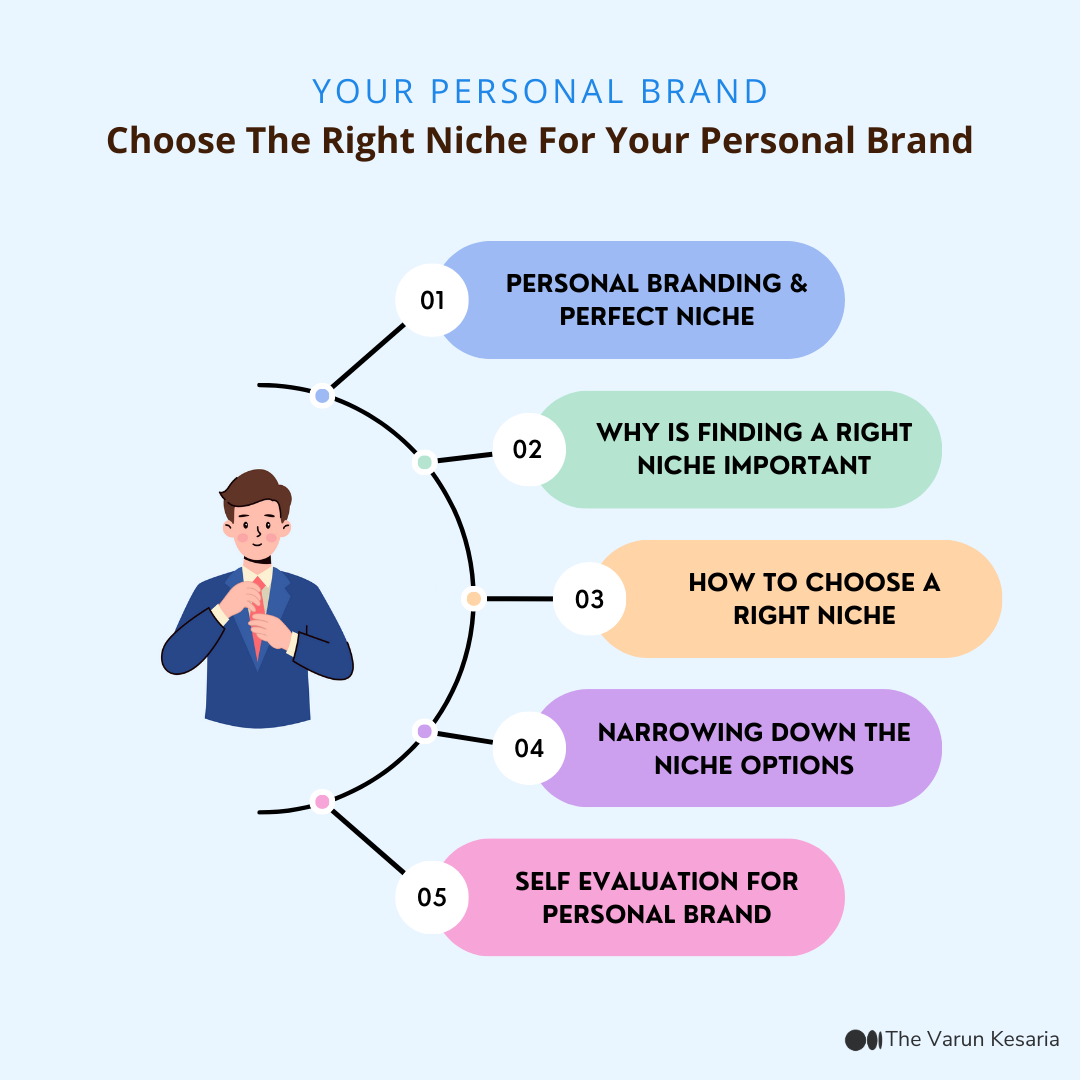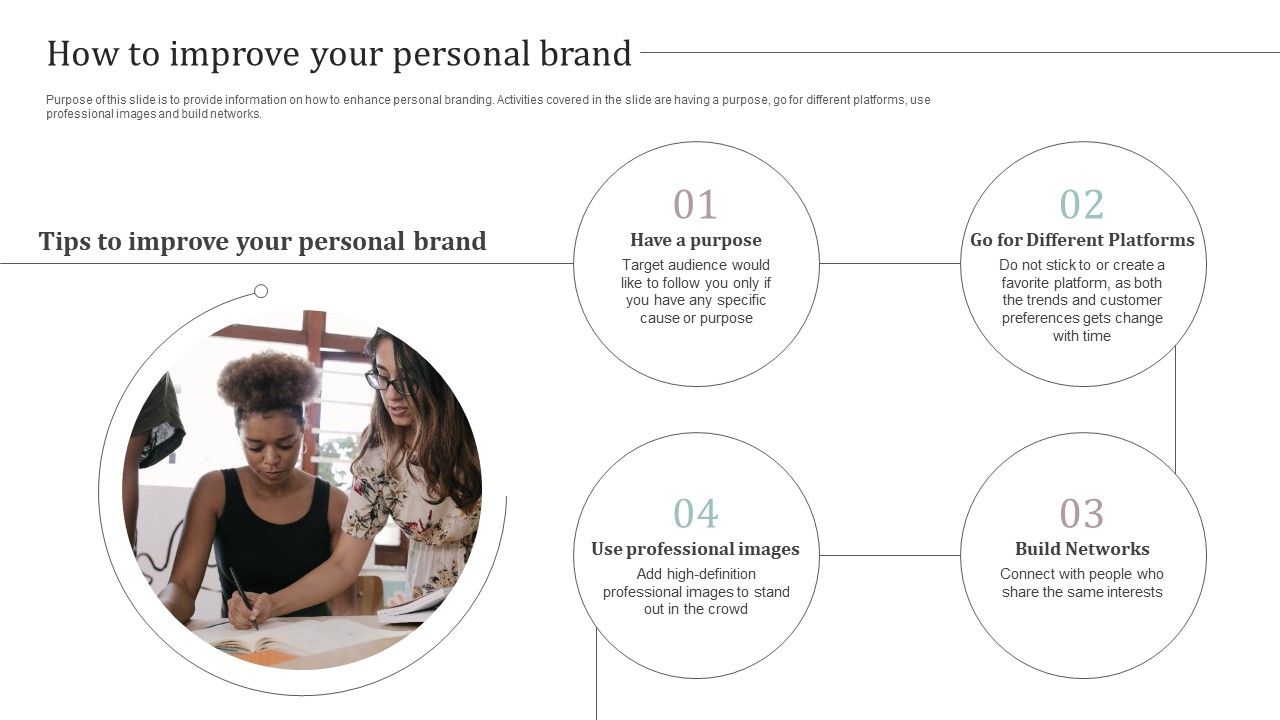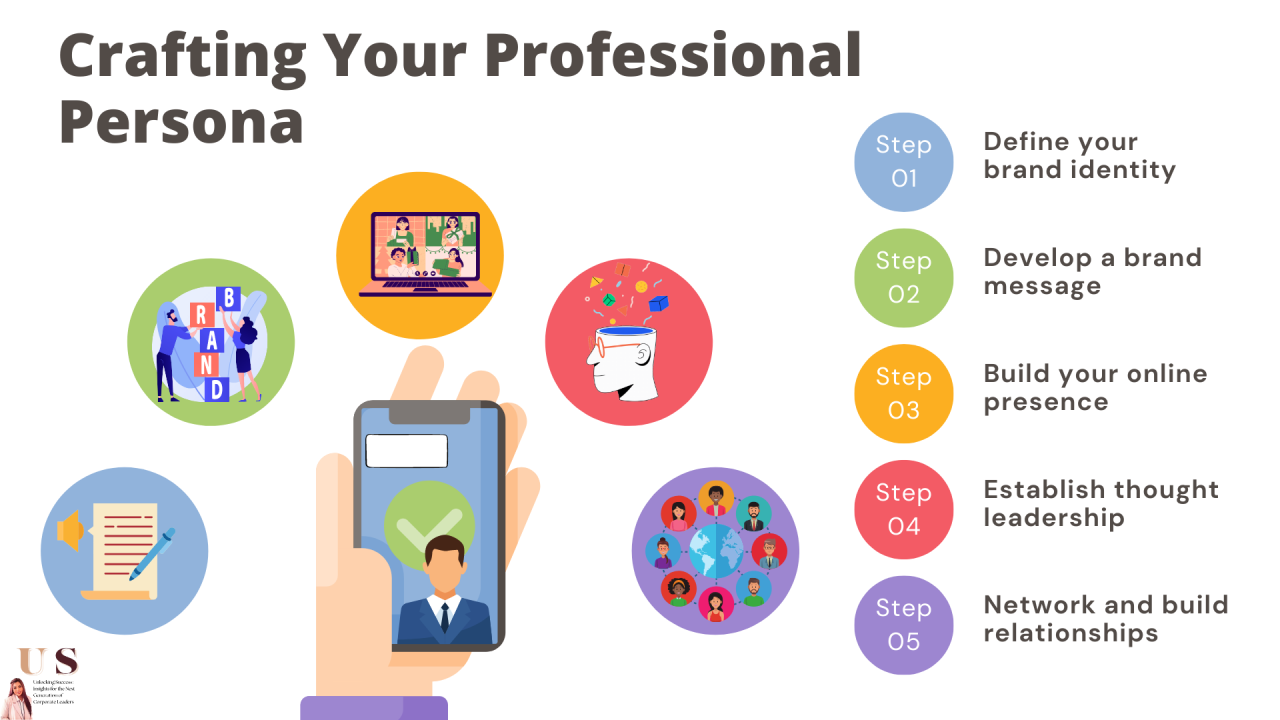In today’s digital age, personal branding has become an essential aspect of professional and personal development. A strong personal brand can significantly impact career success, open doors to new opportunities, and enhance personal growth. Whether you’re an entrepreneur, a job seeker, or a professional looking to advance in your field, cultivating a personal brand that authentically represents who you are and what you stand for is crucial.
Personal branding is more than just a buzzword; it’s a strategic process of defining and promoting your unique value proposition to the world.
In this article, we will explore various strategies to improve your personal brand, ensuring it aligns with your values and goals while resonating with your target audience. By understanding your unique value proposition, building an authentic online presence, networking effectively, enhancing your skills, and continuously monitoring your brand, you can create a powerful personal brand that reflects your true self and drives long-term success.
Understanding Your Unique Value Proposition
Identifying Your Strengths and Skills
The first step in building a strong personal brand is understanding what makes you unique in the digital world. This involves identifying your strengths and skills and crafting an authentic personal brand that truly represents who you are. Start by taking the time to assess what you excel at and what sets you apart from others in your field. A positive personal brand is not just about highlighting your strengths but also about understanding how these strengths can be leveraged to create value for others. Consider seeking feedback from colleagues, mentors, and friends to gain an outside perspective on your unique abilities. They can often provide insights that you might overlook and help you see how your personal brand is perceived by others. Understanding these aspects will allow you to develop your own personal brand, one that not only reflects your skills and values but also resonates with your target audience in an increasingly competitive landscape of personal brands.
- Self-Assessment Tools: Consider employing resources like the CliftonStrengths assessment or the Myers-Briggs Type Indicator to acquire a deeper understanding of your personality traits and strengths. These tools provide valuable insights that can help you identify your natural talents and areas of potential, allowing you to align your personal and professional development with your inherent capabilities.
By using these assessments, you can effectively map out a strategy for leveraging your unique attributes to strengthen your personal brand and enhance your career trajectory.
- SWOT Analysis: Perform a personal SWOT (Strengths, Weaknesses, Opportunities, Threats) analysis to pinpoint your areas of strength and identify opportunities for improvement. This method will help you recognize your inherent advantages and areas that may need development, providing a comprehensive overview of your potential growth areas.
By identifying your strengths, you can align your personal brand with what you do best, making it more authentic and compelling.
Defining Your Core Values and Mission
Your personal brand should reflect your core values and mission, which are the guiding principles that shape your actions and decisions in both personal and professional spheres. These foundational elements are critical in defining a professional brand that not only resonates with your audience but also stays true to your authentic self.
Clearly articulating your core values and mission will help you consistently produce content that aligns with your brand ethos across social media channels and other platforms. This consistency is essential for creating a coherent and reliable brand message that your audience can connect with.
Moreover, a well-defined professional brand fosters professional development by positioning you as a thought leader and a reliable figure within your industry. By staying true to your core values and mission, you ensure that every piece of content and every interaction reinforces your brand’s message, enhancing your credibility and impact in your professional field.
- Articulating Core Values: Reflect on the fundamental principles that are non-negotiable for you in both your personal and professional life. These could include key values such as integrity, innovation, collaboration, or compassion.
- Crafting a Mission Statement: Create a personal mission statement that clearly defines your purpose and the impact you aim to have. This mission statement acts as a guiding compass for your branding efforts, helping others to understand the motivations behind your actions and decisions.
Building an Authentic Online Presence

Crafting a Consistent Digital Identity
In the modern, highly interconnected digital landscape, maintaining a robust online presence has become an essential element of personal branding. Your digital footprint, which spans various social media platforms, professional networks, and personal websites, plays a significant role in shaping how others perceive you. It is vital to ensure that there is a consistent message and image across all these platforms. Consistency in your online presence is crucial because it helps build trust with your audience and fosters recognition.
When your personal brand’s visual elements, tone, and messaging are uniform across all online channels, it creates a cohesive and reliable image.
- Unified Branding Elements: Make sure to maintain consistency in your profile pictures, usernames, and bios across all social media platforms and professional networks, such as LinkedIn. This uniformity helps create a cohesive and recognizable personal brand, making it easier for others to identify and connect with you. Using the same profile picture ensures that your audience can quickly recognize you across different platforms, while consistent usernames make it simpler for people to find and follow you.
- Professional Website: Think about developing a personal website that acts as the central hub for your brand. This dedicated space can be used to display your portfolio, highlight your achievements, and provide your contact information. A personal website not only gives you complete control over how you present yourself but also offers a professional platform where visitors can learn more about your work and accomplishments.
Creating Valuable Content
Sharing valuable content that reflects your expertise and interests is a powerful way to build your brand and engage with your audience. Engaging in content creation allows you to showcase your knowledge and skills, thereby strengthening your professional identity.
In the realm of digital marketing, consistently producing high-quality content is crucial for maintaining a strong online presence. By sharing insights and information that resonate with your audience, you not only enhance your visibility but also establish yourself as an authority in your field.
This approach helps to create a meaningful connection with your followers and reinforces your brand’s message across various digital platforms.
- Content Strategy: Create a comprehensive content strategy that aligns with your personal brand and resonates with your target audience. This strategy should encompass a variety of content types to effectively engage different segments of your audience. Consider incorporating blog posts that delve into topics within your expertise, videos that provide visual and auditory insights, podcasts where you can share your thoughts and interviews with industry experts, and infographics that present information in a visually appealing and easily digestible format.
- Engaging with Your Audience: Actively engage in discussions on social media platforms, respond to comments, and interact with others in your industry. By doing so, you not only demonstrate your expertise but also build and strengthen connections with your audience. Participating in conversations related to your field allows you to share your knowledge and insights, which can help establish you as a thought leader
Networking and Relationship Building
Expanding Your Professional Network
Networking is a vital component of personal branding, providing opportunities to connect with like-minded individuals and industry leaders.
- Industry Events: Attend conferences, seminars, and workshops to network with professionals in your field and stay informed about the latest industry trends. These events provide invaluable opportunities to meet like-minded individuals, share insights, and establish connections that can benefit your career.
Engaging in these activities not only enhances your knowledge but also positions you as an active participant in your industry, showcasing your commitment to continuous learning and professional development.
- Online Communities: Join online groups and forums that align with your interests and expertise. Platforms such as Reddit, Quora, and LinkedIn Groups offer excellent opportunities to engage with communities that share your professional and personal passions. Participating in these online spaces allows you to exchange ideas, seek advice, and contribute valuable insights.

Cultivating Authentic Relationships
Building genuine relationships with peers and mentors is crucial for long-term success and personal growth.
- Providing Value:Concentrate on providing value to your connections by sharing insights, offering assistance, and collaborating on projects. Whether you are imparting your knowledge, helping others overcome challenges, or working together on initiatives, your efforts to support and engage with your network can significantly strengthen your relationships.
- Long-Term Connections: Dedicate time to nurturing your relationships by maintaining regular contact and actively supporting others in their endeavors. Building strong, lasting connections requires ongoing effort and genuine interest in the success and well-being of those in your network. Reach out periodically to check in, offer encouragement, and celebrate their achievements.
Enhancing Your Skills and Expertise
Investing in Continuous Learning
To maintain a strong personal brand, staying updated with industry trends and advancements is essential. Continuous learning helps you remain relevant and enhances your expertise.
- Educational Resources: Explore online courses, workshops, and certifications to broaden your knowledge and skills. Platforms such as Coursera, edX, and Udemy provide an extensive selection of courses across various disciplines. By taking advantage of these resources, you can stay current with industry trends, learn new techniques, and gain valuable insights that enhance your expertise. Whether you’re looking to deepen your understanding of a specific topic or acquire new skills, these educational opportunities can significantly contribute to your personal and professional development.
- Industry Publications: Subscribe to industry publications, blogs, and newsletters to keep yourself updated on the latest developments and insights. Staying informed about current trends, emerging technologies, and best practices within your field is essential for maintaining a competitive edge.
By regularly reading content from reputable sources, you can gain valuable knowledge that can be applied to your work and shared with your network.
Showcasing Your Expertise
Demonstrating your expertise through various channels helps build credibility and authority in your field.
- Speaking Engagements: Seek opportunities to speak at conferences, webinars, and podcasts to share your knowledge and insights with a broader audience.
- Writing and Teaching: Contribute articles to industry publications, write a blog, or offer workshops and courses to showcase your expertise.
Monitoring and Evolving Your Brand
Regularly Assessing Your Personal Brand
Monitoring your personal brand’s impact and reach is essential to ensure it aligns with your goals and resonates with your audience.
- Analytics Tools: Use analytics tools to track the performance of your online presence, such as website traffic, social media engagement, and content reach.
- Feedback and Adjustments: Solicit feedback from peers, mentors, and your audience to identify areas for improvement and make necessary adjustments to your brand strategy.
Adapting to Changes and Growth
As you grow professionally, your personal brand should evolve to reflect your changing goals and aspirations.
- Staying Adaptable: Be open to change and willing to adapt your brand as you gain new experiences and insights.
- Evolving Your Brand: Regularly update your online presence, including your website, social media profiles, and content, to reflect your current expertise and interests.
Conclusion
Improving your personal brand is a continuous journey that requires self-reflection, authenticity, and dedication. By understanding your unique value proposition, building an authentic online presence, networking, enhancing your skills, and monitoring your brand’s impact, you can create a powerful personal brand that opens doors to new opportunities and fosters personal and professional growth.
A well-cultivated personal brand not only enhances your credibility and influence but also empowers you to make a meaningful impact in your chosen field. Take proactive steps today to improve your personal brand and unlock the potential for long-term success and fulfillment.


